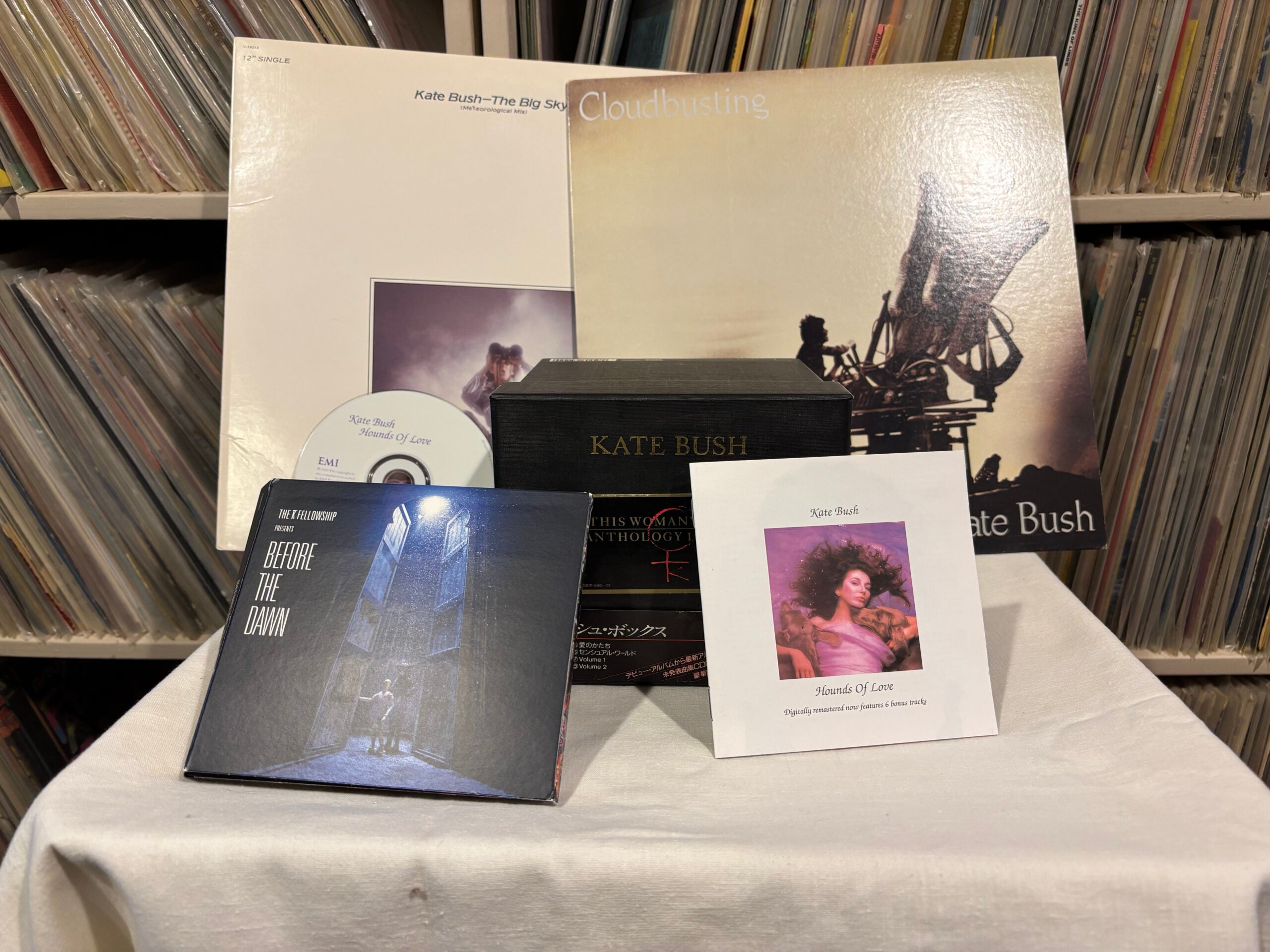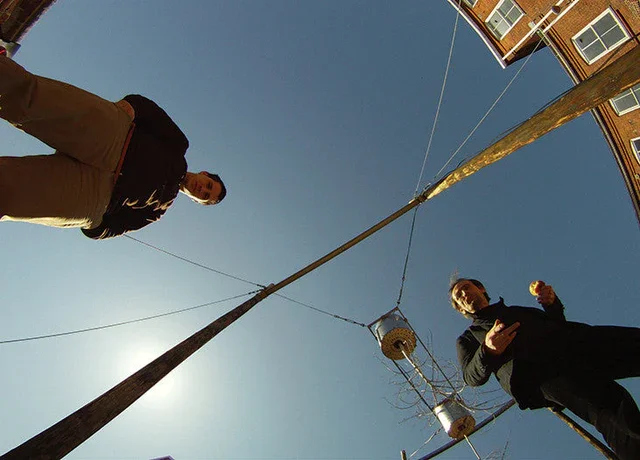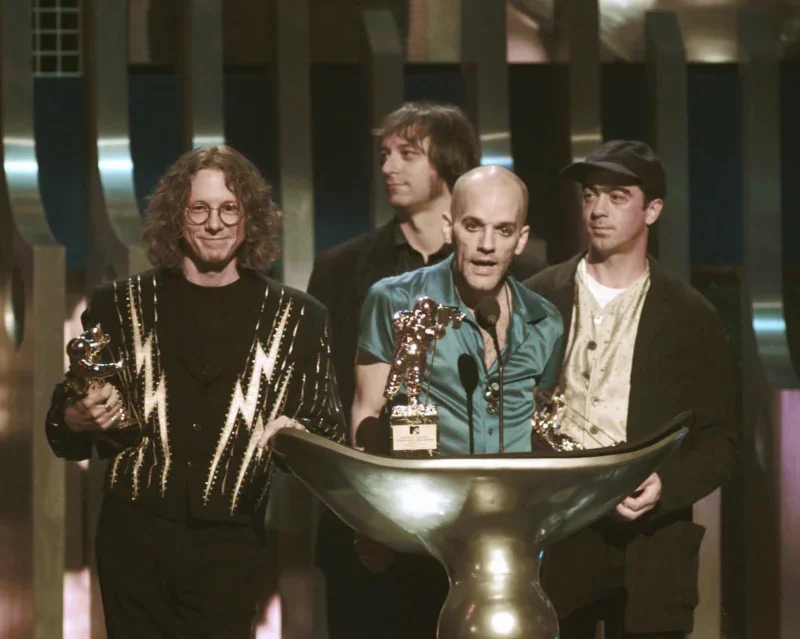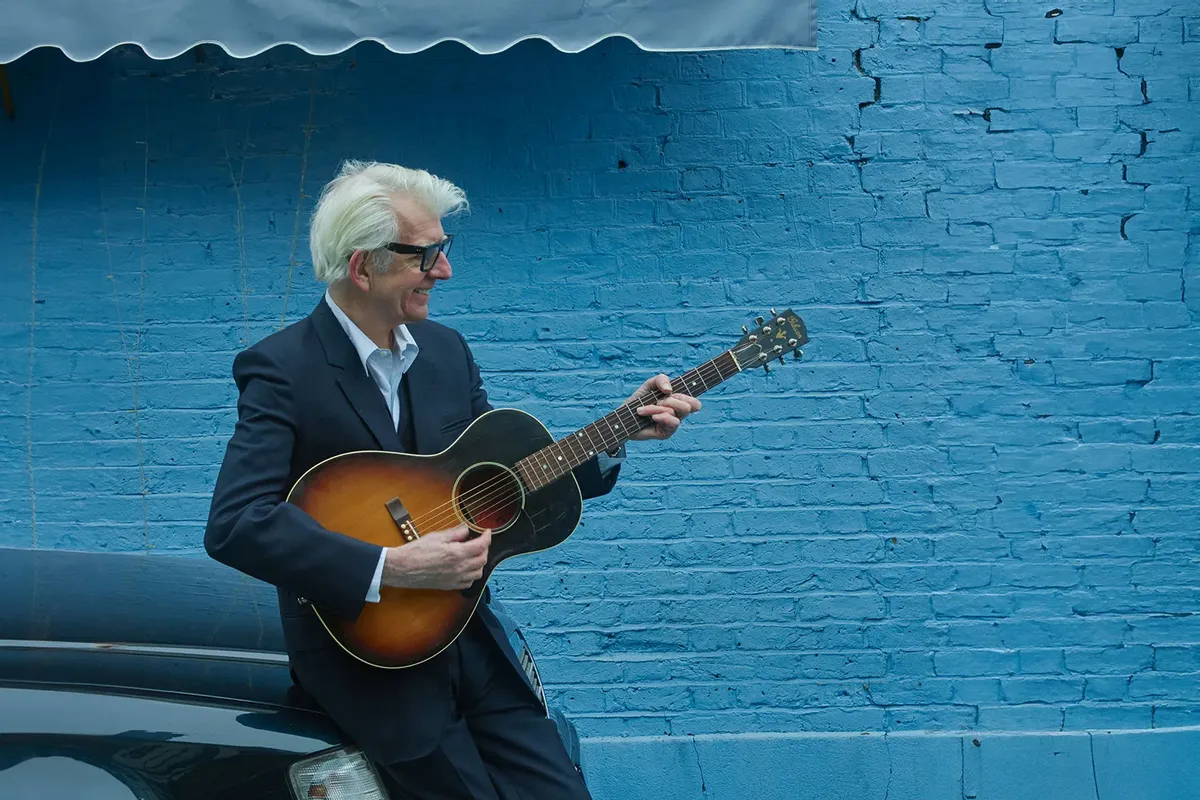In the 1980s, just about every pop radio station in the country was playing the music of Blondie. Songs like “One Way Or Another,” “The Tide Is High” and “Heart Of Glass” were everywhere.
Chris Stein is a founding member of the band and, along with singer Debbie Harry, co-wrote many of its biggest hits.
His memoir, “Under A Rock,” talks about his life with Blondie and the New York music scene. WPR’s “BETA” spent time with Stein, and we talked about his creative life.
Stay informed on the latest news
Sign up for WPR’s email newsletter.
Doug Gordon: Blondie has been described as a “pioneer in straddling the divide between new wave and punk and turning it into a palatable mix that took the band to world success.” Is that what you were aiming for?
Chris Stein: The “new wave” term was a deliberate backlash against punk because so many people found the punk term unpalatable. So, the term “new wave” came from the local press. I don’t know how directly it was inspired by a reference to the French New Wave cinema, but that was in the mix.
The term “new wave” was a little forced for me. For me, punk means many different things. It’s way beyond just the musical form. It’s fashion and it’s do-it-yourself sensibilities, lots of other things.
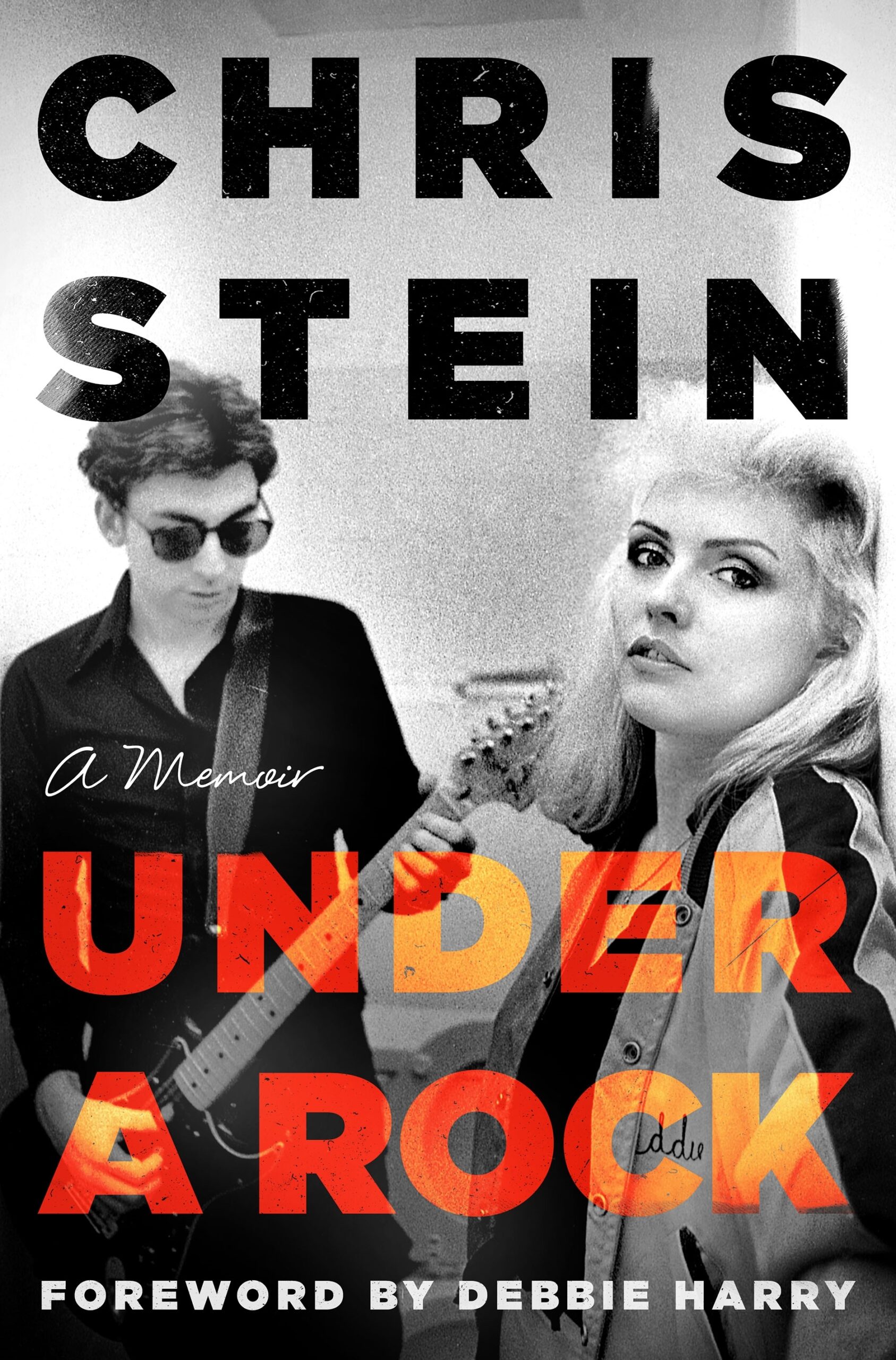
DG: We can’t talk about Blondie without talking about “Heart of Glass.” What’s the origin story behind this song?
CS: It was just something I worked on a tape recorder, which was a little “Rock the Boat”-oriented. Initially, that was the kind of reference in the chorus. Then, it took various forms. Finally, when we collaborated with Mike Chapman, it assumed its final form, as they say.
DG: And it’s such a distinctive song, just in terms of the sound of it and the architecture, the way it’s put together and your rhythm guitar, the single repeating of 16th note. How was that accomplished?
CS: That was with a Roland tape echo. It took a couple of hours to get every 16th note in sync with the track.
DG: Recently, Billboard rated “Heart of Glass” as 47 in their list of the 500 Best Pop Songs. Why do you think “Heart of Glass” remains so popular?
CS: Because it’s got so many modern elements, it never really sounds dated. You listen to a lot from the ’70s and ’80s and hear those synthesizer parts, and they all sound of the period. I think “Heart Of Glass” has a modern sound. It just keeps updating itself over the years.
DG: The band changed its sound with the album “Autoamerican,” and I was delighted to learn that former “BETA” guest, the English journalist Vivien Goldman, played a part in one of the biggest hits on this album. Can you tell us about that?
CS: Vivian, I knew from the UK. She sent me a reggae compilation record with the original Paragons, “The Tide Is High,” and I was really taken with that song. I thought it was fabulous.
It’s certainly the only song from that period that I’ve ever heard with a violin on it. So, all the horn lines are based on the violin lines. It may be a little improvised on the original, but there are some precise little melody lines that the violin plays that I heard.
DG: I wanted to ask you about drummer Clem Burke. He is a vital part of Blondie’s sound. I’m thinking especially of the song “Dreaming.”
CS: Yeah. Very distinctive. I heard him say he might have overplayed it a little, but everybody loved it. It’s a very busy drum part, but he is excellent. He’s very studied. He knows about all the older bands and older drummers. So, it’s incredible what he does. And he works all the damn time.
DG: You were always in the right place at the right time. Kind of like Leonard Zelig. Is that because of your impeccable timing as a musician? How did you manage to accomplish that?
CS: I don’t know about that. I was born in 1950, so it was just where I hit in relation to the culture — and being a kind of radical person. I was always into these fringe things that became more critical as time passed. I did the whole San Francisco trip, and I went to Woodstock, all this kind of stuff.
DG: You still contribute to Blondie’s albums, but you don’t perform live with them anymore, right?
CS: Yeah. I stopped touring due to health. I have a heart condition, and I was dealing with prostate cancer. I’m almost done with that at this point. I have a-fib, which is pretty standard, but it’s fatiguing. So, after 50 years, it was OK not to do the shows for a while. I might do it again sometime in the future. But I did work on the last album.
DG: What is Blondie’s legacy?
CS: Lots of different stuff. The musical diversity and the female empowerment aspect that Debbie presented and still presents.

